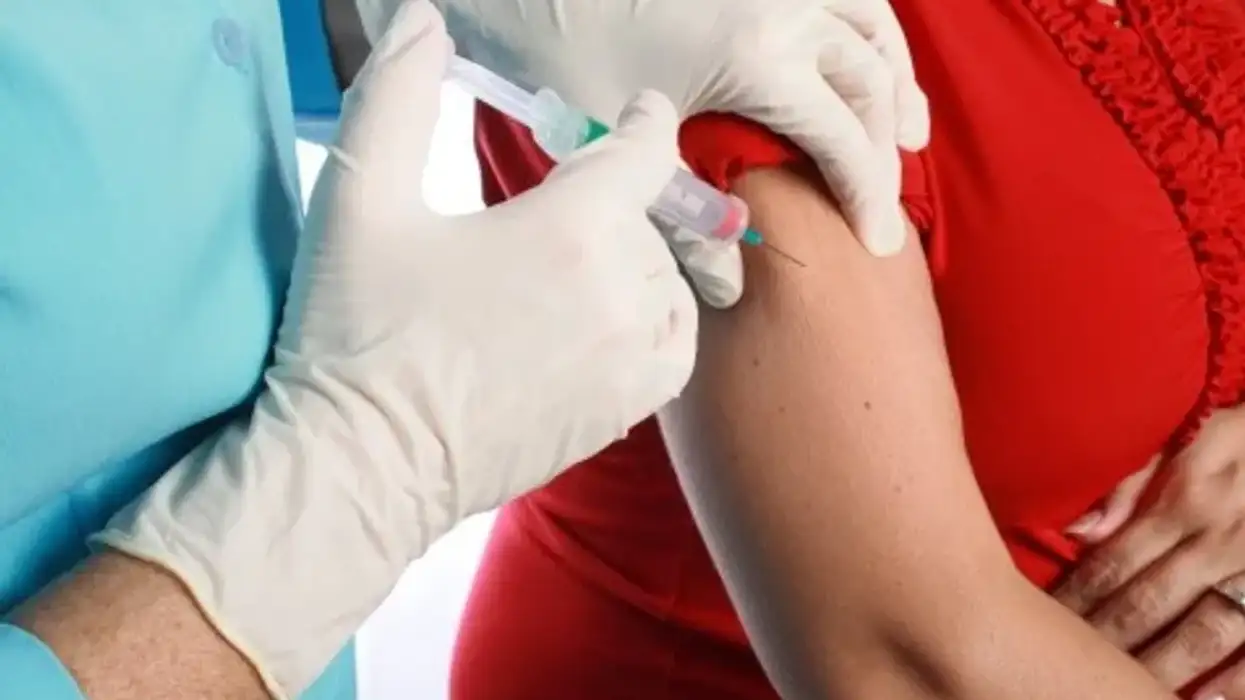Pharmacy leaders advocate for comprehensive reforms to secure the future of community pharmacies amid funding and operational challenges
The Chief Executives of Community Pharmacy England(CPE), the Company Chemists’ Association(CCA), the National Pharmacy Association(NPA), and the Chair of the Royal Pharmaceutical Society’s(RPS) English Pharmacy Board (EPB) have issued an open letter to political parties, urging the adoption of the six-point plan outlined in the #VotePharmacy general election manifesto.
This initiative aims to bolster community pharmacy in the run-up to the next general election.
Launched in March 2024, the #VotePharmacy manifesto serves as a comprehensive guide for the community pharmacy sector.
It aims to help local pharmacy committees (LPCs) and pharmacy owners engage with political parties and candidates.
The open letter highlights the critical role of the 10,500+ community pharmacies in England.
These pharmacies have been pivotal in providing accessible healthcare and medicines to patients.
The recent introduction of the Pharmacy First service underscores the expanding role of pharmacies.
With over 98 per cent of pharmacies participating in this service, more than a million people have already benefited, illustrating the sector's capacity to alleviate pressures on the NHS.
However, the letter points out that the community pharmacy sector is facing a crisis.
Government funding has not kept pace with the increasing demands of the NHS and rising operational costs.
The Health and Social Care Committee has recognised the potential of pharmacies to enhance healthcare access but also noted that the current Community Pharmacy Contractual Framework(CPCF) is outdated and requires a complete overhaul.
The six-point plan detailed in the manifesto includes:
1. Filling the funding gap and committing to a sustainable, long-term funding solution.
2. Supporting and enhancing the community pharmacy workforce.
3. Conducting a thorough review of the medicines supply chain.
4. Rolling out an enhanced Pharmacy First service across England.
5. Empowering community pharmacists with a roadmap for independent prescribing.
6. Making pharmacies central to public health, prevention, and reducing health inequalities.
The pharmacy bodies emphasise that with proper investment, the sector can significantly enhance patient access, alleviate GP workloads, and support the NHS in reducing care backlogs.
They call on all political parties to adopt this six-point plan to ensure a robust future for community pharmacy.












